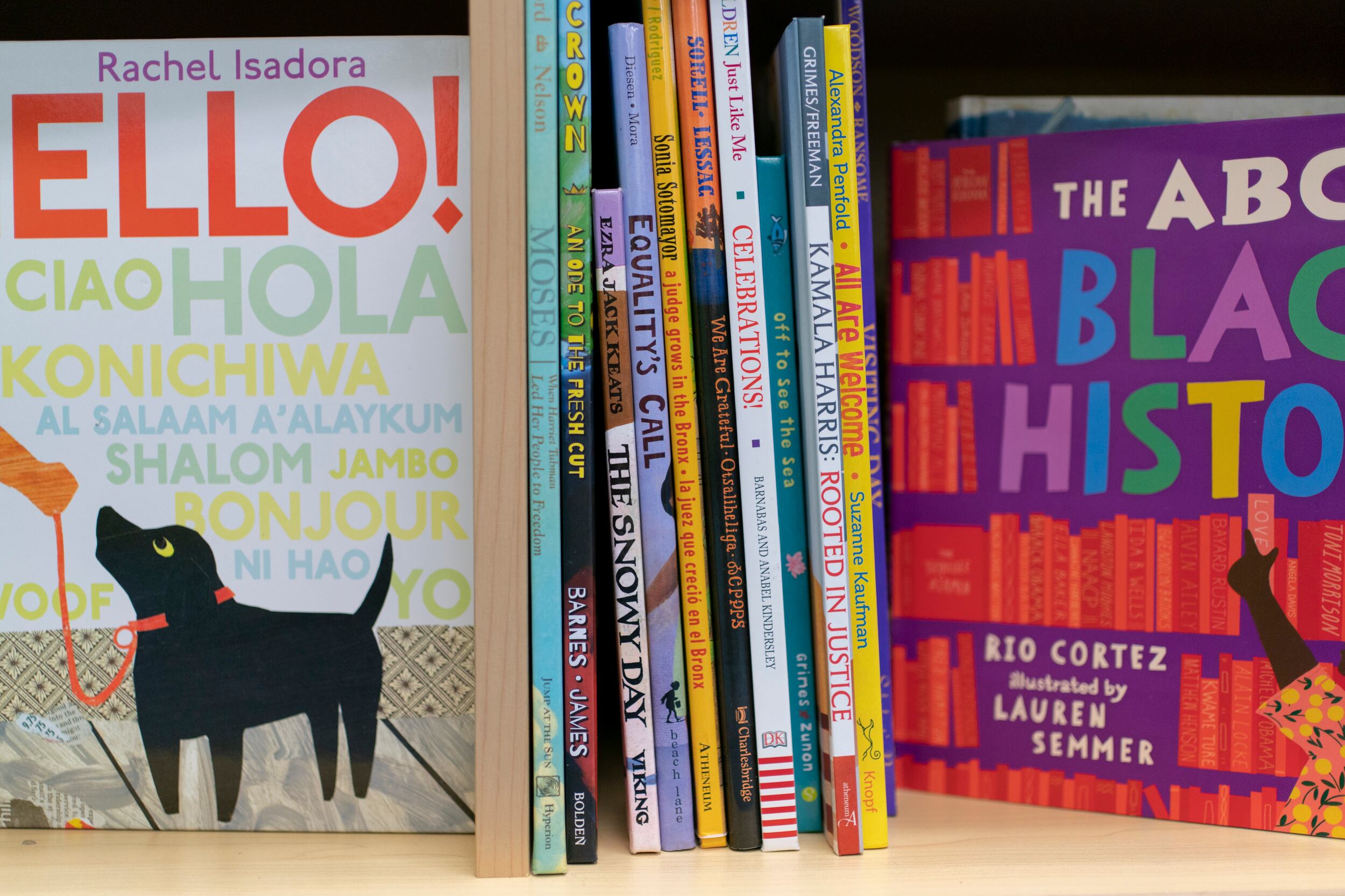The city of Indianapolis will launch a literacy tutoring program at nine schools and a Boys & Girls Club location for this school year, after a pilot program with a small group of students showed some promise.
The program, Circle City Readers, is one of a myriad of tutoring programs that both the state and school districts have launched in the wake of the pandemic. Reading scores on the state third grade exam known as IREAD dropped in 2021 and have essentially stagnated since then.
Circle City Readers, funded by $1 million from the city’s coronavirus relief funds, will provide small-group tutoring for up about 800 students at the following locations:
- Pleasant Run Elementary School (Warren Township).
- Hawthorne Elementary School (Warren Township).
- Sankofa School of Success at Arlington Woods School 99 (IPS Innovation Network school).
- Global Prep Academy at Riverside School 44 (IPS Innovation Network school).
- The PATH School at Stephen Foster School 67 (IPS Innovation Network school).
- Liberty Grove at Elder Diggs School 42 (IPS Innovation Network school).
- Tindley Genesis Academy (charter school).
- Avondale Meadows Academy (charter school).
- Vision Academy Riverside (charter school).
- Jonathan Jennings School 109 Boys and Girls Club.
The program, launched in partnership with the RISE Indy education advocacy nonprofit, will offer tutoring during the day at school sites from paid parents and community members. RISE Indy is helping to identify and recruit tutors.
The program adopts a curriculum based in the science of reading that emphasizes researched-backed ways of learning, such as phonics.
As evidence of the program’s potential, Mayor Joe Hogsett’s Office of Education and Innovation said that all 36 students in the Circle City Readers pilot performed better on the Dynamic Indicators of Basic Early Literacy Skills (DIBELS) reading assessment at the end of the pilot than at the start. The pilot took place over eight weeks earlier this year at Liberty Grove — a charter school within the IPS Innovation Network of autonomous schools — and at the Mary Rigg Neighborhood Center.
The four IPS schools in the program are “restart” or “jumpstart” schools in need of academic improvement. All but one of them — the Path School — posted declines in IREAD scores from 2022 to 2023. IREAD scores also dropped from last year to this year at two out of the three charters in the program, Avondale Meadows Academy and Vision Academy Riverside.
Amelia Pak-Harvey covers Indianapolis and Marion County schools for Chalkbeat Indiana. Contact Amelia at apak-harvey@chalkbeat.org.
Correction: This story has been updated to reflect how tutors are recruited into the program.






